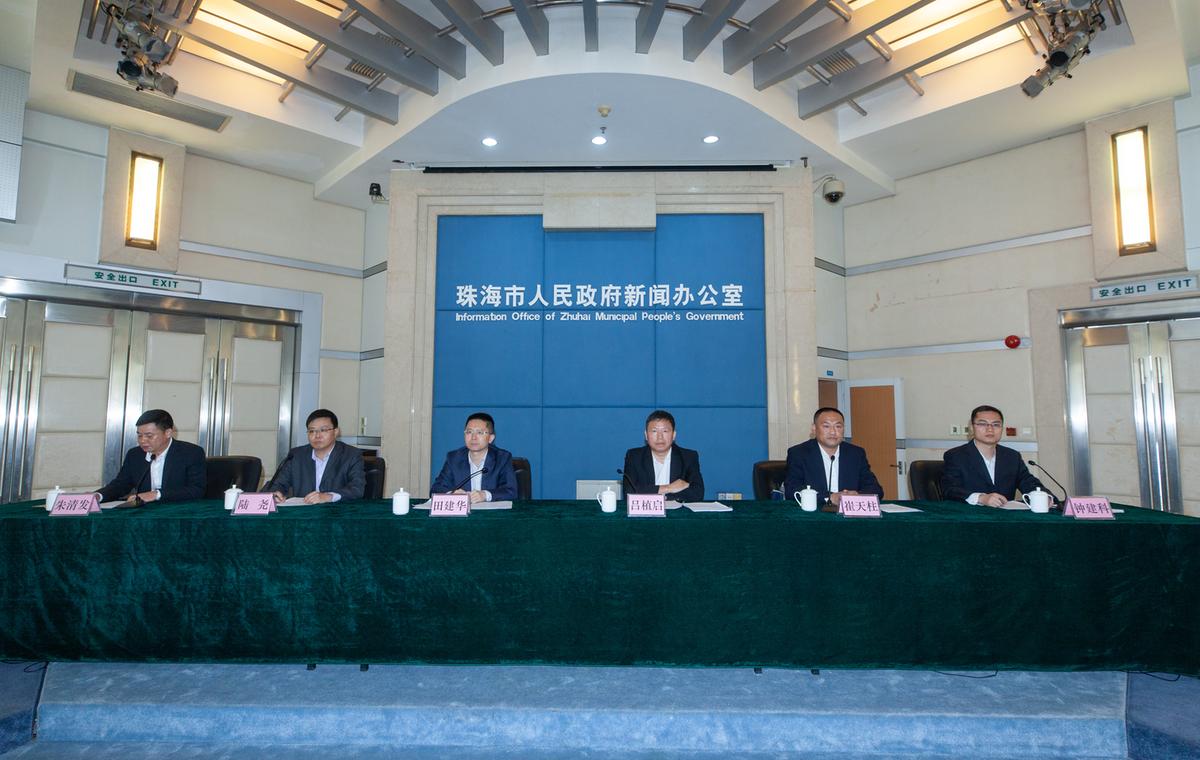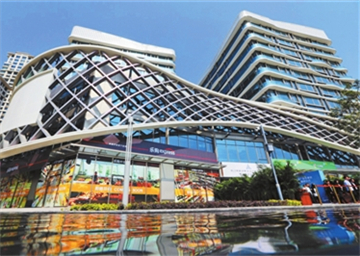Procedures clarified on elevators for walk-up residences
Guidelines on Elevator Installation in Existing Residences in Zhuhai will come into effect April 13, effective for five years, with revisions concerning responsibilities, administrative approvals, coverage, coordination, compensation, and security.
Policy revision was initiated last July in response to the demands of residents in old communities. The Zhuhai Municipal People's Government issued the revised guidelines March 13 and publicly reviewed them at a March 25 briefing.
The document clarifies the responsibilities of governments, institutions, sub-district (towns), and communities. It underscores that the elevator installation proceed safely and legally at the direction of homeowners, guidance of government, and assistance of community.

Press conference [Photo by Liu Jiacheng / Guanhai App]
As of April 13, a vote on an elevator must be participated in by more than two-thirds of those who own more than two-thirds of the building's non-public parts. An elevator can be installed with the approval of 75 percent of proprietors owning more than 75 percent of the building's non-public parts. A one-vote veto is no longer allowed, in accordance with China's Civil Code.
However, a motion should obtain the approval of specific proprietors if an elevator would occupy their exclusive spaces or cause serious blockage to those spaces.
To ensure the interest of proprietors on lower floors, Zhuhai will improve coordination and compensation standards. Homeowners on the first and second floors can be reimbursed up to 30 percent of the elevator installation costs. Residents can resort to coordination meetings, hearings, and civil actions for disputes.
The city will optimize administrative approval procedures related to elevator installation. Dedicated leading groups and service centers will be established for guidance, fundraising, construction, and management, while local natural resources, housing, and market supervision authorities will come together for joint technical review.
In addition, the new guideline covers existing residences with independent or unitary property rights in the scope allowing for elevator installation. It proposes a dual supervision mechanism of engineering quality and special equipment throughout plan review, construction, and file records.
Zhuhai has issued elevator installation permits at 151 units in 80 old residential communities since June 2018. Most are in downtown Xiangzhou, which has more than 6,000 units without elevators, said Lyu Zhiqi, deputy director of the Housing & Urban-Rural Planning & Construction Bureau.



